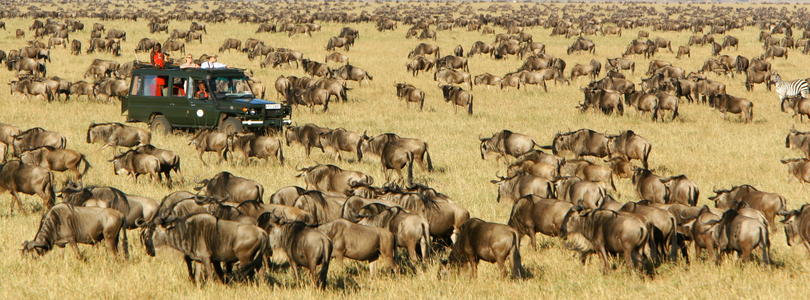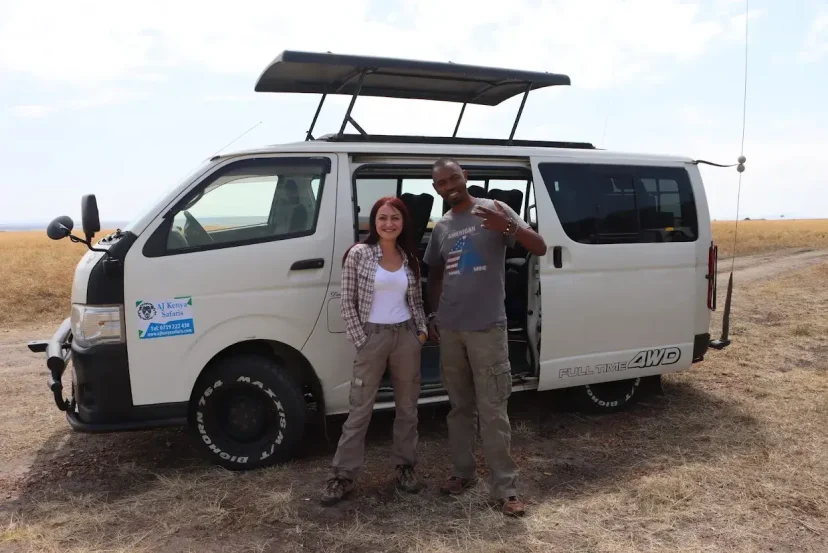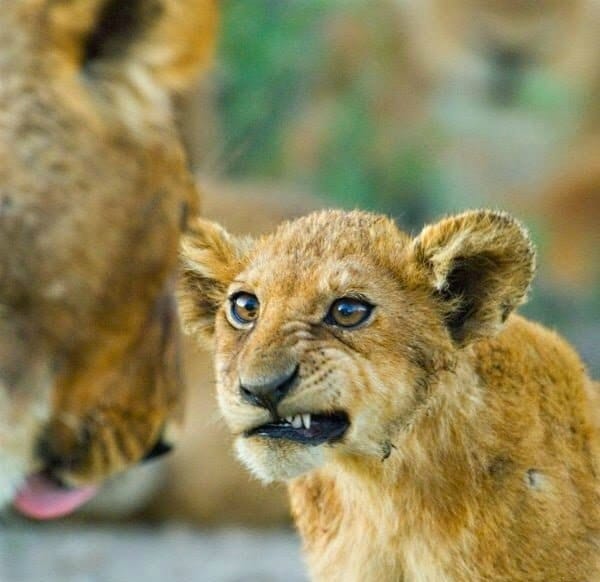Handy Tips For Selecting Devil666 Slot Sites
Handy Tips For Selecting Devil666 Slot Sites
Blog Article
What Precautions For Health Should Be Aware Of Prior To Visiting Mombasa Kenya?
If you're planning a trip to Mombasa (Kenya) it's important to be aware of the dangers to your health. Here are some key health concerns.
1. Vaccinations
Routine Vaccinations: Ensure that you are up-to-date on routine vaccines such as measles-mumps-rubella (MMR), diphtheria-tetanus-pertussis, varicella (chickenpox), polio, and your yearly flu shot.
Hepatitis A It is recommended for all travelers due to the risk of contaminated food and water.
Hepatitis B It is advised to travelers who may be exposed to bodily fluids or blood (e.g. by sexual contact, medical treatment or drug use).
The vaccination against typhoid is recommended for everyone who travels, particularly those who are visiting smaller or rural areas, staying with family or eating out in unfamiliar areas.
Yellow Fever. Travelers from countries with a high the risk of catching yellow fever could be required to present an official certificate of vaccination. Check for the latest regulations.
Rabies: A consideration for those engaged with outdoor activities that put them at risk of animal bites, such as hiking, camping or caving.
2. Malaria Prevention
Mombasa's malaria is prevalent. Discuss with your physician about the antimalarial medications that are right for you.
Utilize insect repellents made of DEET with long sleeves, long pants and a mosquito net to stay clear of bites from mosquitoes, especially in the evening.
3. Food and Water Safety
Avoid tap water and ice cubes, as well as drinks that aren't sealed. Beware of drinking tap and ice water.
Eating well-cooked food is the best method to remain secure. Avoid raw or undercooked seafood, meats, and unwashed fruits and vegetables. Avoid street food. Instead, choose establishments that have a good reputation.
4. Diarrrhea for Travelers
Hand sanitizers or soap and water are efficient methods to stop infections. Avoid drinking and eating drinks or food that have been considered to be a risk.
Keep medicines such as loperamide, (Imodium), and tablets for oral rehydration on hand. Consult your physician to determine if antibiotics are needed for serious instances.
5. Sun Protection
Sunscreen: Apply sunscreens that have SPF 30 or more. Reapply your sunscreen often, and especially after you have been swimming or sweating.
Wear protective clothing such as glasses, hats, and long, light-colored sleeves to limit sun's harmful effects.
6. Hydration and heat
To prevent dehydration, drink lots of fluids. Avoid drinking large amounts of alcohol or caffeine, as they can result in dehydration.
Avoid overexertion. Take breaks during the hotter parts of the day. For heat exhaustion and heat stroke, find shade or cool areas.
7. Security in Water Activities
Swim in Areas Defined Be aware of local conditions like currents and dangers.
Marine Life Awareness: Be aware of and stay clear of marine life that could be dangerous such as jellyfish and sea Urchins. Wear water shoes when walking around shallow waters.
8. Care and Insurance. Care and Insurance
Travel Insurance: Travel insurance must provide medical emergency evacuation and coverage and provide complete coverage.
Local Medical Facilities - Familiarize your self with the locations of the most reputable medical centers in Mombasa. Hotels with major chains will usually provide you with information on doctors as well as nearby hospitals.
Meds: Carry a large quantity of all prescription medicines you are taking, as well as copies of your prescriptions.
9. Emergency Contacts
Embassy Information: Have the contact details of your country's consulate or embassy in Kenya.
Local Emergency Numbers. Be aware of the emergency number in your area for the police (999) and firefighters (999) and ambulances (999).
Take these precautions and you will be enjoying your Mombasa holiday. View the top rated kenya holiday packages for blog info including african safari excursions, mombasa tours, tours & safaris, mombasa tours, african safari packages, african safari packages, kenya safari beach, afri safari, safari trips in africa, kenya mombasa holiday packages and more.
What Factors Regarding The Weather Should I Be Aware Of When Visiting Mombasa In Kenya?
It is important to understand the weather patterns in Mombasa before you pack and get the most out of your trip. These are the most important aspects of the weather.
1. Climate Overview
Tropical Climate: Mombasa has a tropical climate, with hot temperatures and humid all year. The temperatures typically range from 24degC to 32degC.
2. Seasons
It is the season of hot and humid weather between November and April. It is the most popular tourism season.
Long-lasting rains from April through June : Heavy rain and storms are common throughout the season of rain. The roads may be muddy, making it difficult to travel. This is the off-season for tourism.
Cooler Season (June - October): Enjoy the cooler temperatures and less humidity during this period. The weather is generally pleasant, making it ideal for outdoor pursuits.
Short rains (October - November) They are short showers of rain that are less intense. Rain showers are typically short and followed by bright sunshine.
3. Packing Tips
Lightweight Clothing – Pack clothing that's breathable and lightweight like linen or cotton to stay cool during the summer months when it's hot.
Rain Gear: If you travel in rainy weather it is recommended to have an umbrella, a waterproof jacket, and a pair of waterproof shoes.
Sun Protection: Apply sunscreen with an SPF of high. Wear a broad brimmed glasses and a hat. Wear light clothing that covers the skin.
Swimwear - Don't forget to wear your swimwear whenever you go to the beach or hotel pools.
4. Weather-specific activity
Beach Time: The best time to visit the beach is from June to October during a time when the weather is pleasant and the conditions for swimming are favorable.
Water Sports: The calm, clear water of November to February is ideal for diving, swimming, snorkeling or other water sports.
Wildlife viewing: Now that the weather gets better and the sun is shining, it's a perfect time to go on safaris or nature excursions.
5. Health-related Considerations
Stay hydrated. The hot and humid weather will make it necessary to keep hydrated. Take plenty of fluids particularly when you're outside.
Health-related infections involving heat: Be aware that heatstroke and heat exhaustion are possible. Wear loose clothes and make frequent breaks in shade. Avoid vigorous exercise during heat peak.
6. Travel Adjustments
Rainy Season Travel: Be prepared to deal with delays in travel and disruptions if you go to during the season of rain. Certain roads might be closed, and outdoor activities could be restricted.
Rainy season can be the cause of delays on flights. Plan your trip ahead and be aware of any delays.
7. Environmental Problems
Natural Risks: Be aware the possibility of flooding during heavy rains. Be aware of the current weather conditions and follow local recommendations regarding security.
Be mindful of the tides. They can be unpredictable and can significantly impact beach activities. Check local tide calendars for a safe and secure beachcombing and swimming experience.
If you are aware of the significance of the weather, then you'll be in a position to plan your trip, pack correctly, and ensure your trip to Mombasa is safe. View the recommended kenya tours and safaris for website tips including trips to kenya, mombasa safaris kenya, afri safari, kenya safari tours, kenya tours and travel, african safari excursions, africa safaris and tours, kenya tours and travel, trips to kenya, kenya tours and more.
What Financial Planning Considerations Should I Be Aware Of Prior To My Trip To Mombasa Kenya?
It is important to plan your finances when you're on holiday in Mombasa. Consider these financial factors:
1. Budgeting
The importance of booking your accommodation is to do so. Prices can vary widely depending on the kind of property and the location of lodging.
Include costs for transportation such as flights, taxis and matatus (local transport) and car rentals.
Costs for eating out food, snacks and meals. Prices can range from budget-friendly local eateries to luxury restaurants.
Events and tours: Plan entrance fees to attractions, guided tours and water sports, safaris, or tours of the culture.
2. Currency and Exchange Rates
Kenyan Shilling is the local currency. Be aware of the current exchange rate.
Currency Exchange: Exchanging currency is best done at trustworthy banks or exchange centers. Do not exchange money on the street.
ATMs: There are ATMs all over Mombasa. Make sure your card is compatible for international withdrawals.
3. Payment Methods
Cash: Carry a few dollars to pay for small expenses, tips and other places that don't accept credit cards.
Credit and debit cards: Credit and debit cards of all types are accepted at restaurants, hotels, and larger shops. Contact your bank as soon as you can about your plans so that your credit card isn't blocked.
Mobile Payments M-Pesa is an online payment system widely utilized in Kenya. It is useful if you are planning to use the SIM card for Kenya.
4. Saving money is easy with these tips
Travel during the shoulder or low seasons (April to June and October through December) to save on accommodation and flights.
Pre-book: Secure better deals on accommodations, flights and tours when you book early enough in advance.
Local eateries. For a more authentic experience, dine at local eateries or food stands.
5. Tipping
Tipping is customary in Kenya. In restaurants, a 10% tip is standard when the service isn't included. You can tip hotel staff, drivers, and guides at your discretion.
It is nice to give small tips in the local currency. You can tip housekeepers KES100, porters KES50-100, per bag.
6. Emergency Funds
Reserve funds: Have an emergency cash reserve available and ensure you have access to additional cash with a credit card or debit card.
Travel Insurance - Get complete insurance that protects you from medical emergencies, cancellations and theft.
7. The security of your own Home
Hotel safes are an excellent location to store valuables such as passports, cash and other. Be careful when using ATMs, particularly at night.
Avoid carrying large sums. Do not carry large cash amounts with you. Separate your cards and money in your wallet, and then put them in an area that is secure.
8. Local Transactions
Bargaining: Bargaining is common in local markets. It is important to treat the negotiation with respect, good humor and a goal of achieving the best deal.
Receipts and Records Keep records of your major purchases and transactions. This is useful in tracking your budget, and also in the event that there is a dispute.
9. Understanding Fees
Please check with your bank about international withdrawal fees. Certain ATMs charge an additional fee for foreign cards.
Currency Conversion Fees: Be aware of any charges your bank might charge for currency conversion if you are using your credit or debit card in another country.
These financial planning strategies can help you control your money and spend a relaxing holiday in Mombasa. Check out the best kisite mpunguti marine for site info including safari and tours, kenya safaris, safari excursions, tour firms in kenya, mombasa beach kenya, safari trips in africa, tours safari africa, safar kenya, kenya safari and beach packages, tour firms in kenya and more.